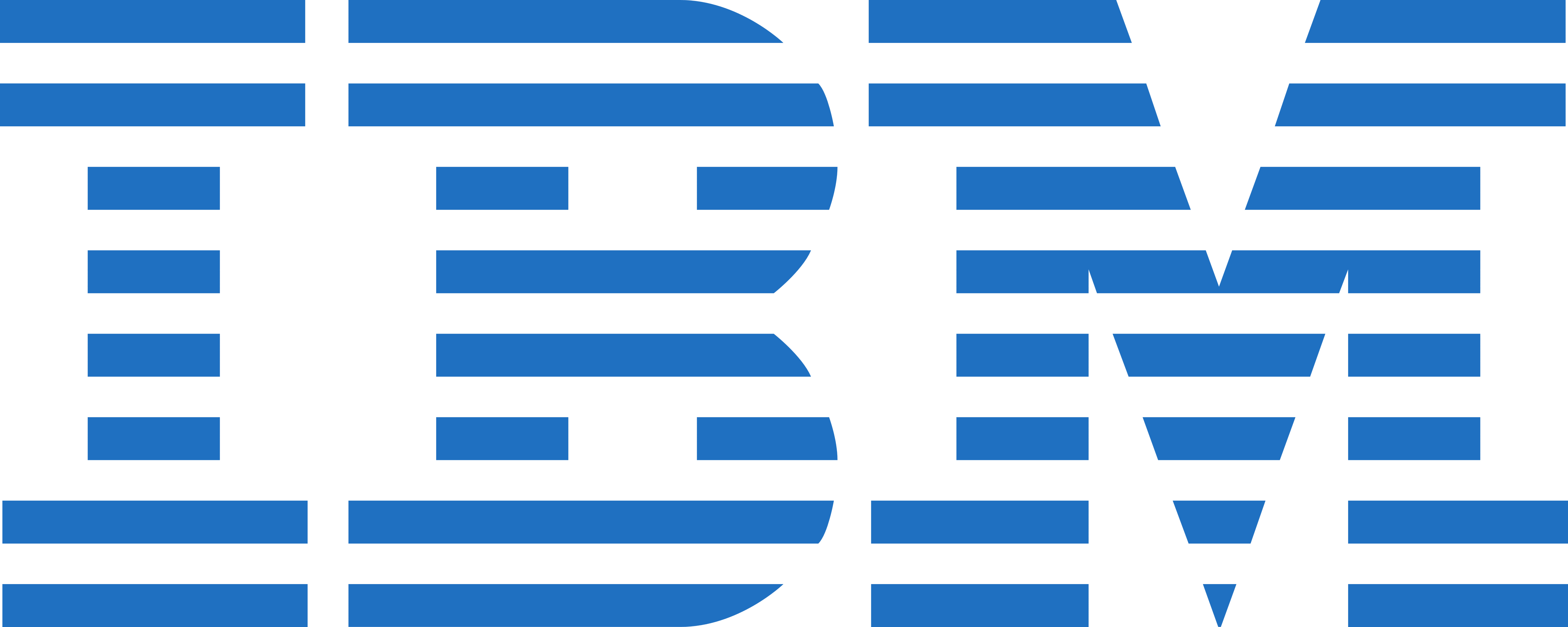I do not utilize Dell PowerStore or Dremio because I work for a university setting with a very simple infrastructure, where we just use Cognos and IBM DataStage.
I do not know if my organization uses AWS as a main cloud provider. We are not on the cloud in a major way and are still on-premises for most of our solutions. In fact, even IBM DataStage, we are using IBM Cloud Pak for Data version, but it is installed on-premises, and we haven't progressed much on how to migrate to the cloud yet.
I am not sure if we use AWS as a cloud provider since we do have some SaaS applications that we subscribe to, but I do not know where they are hosted. I just know we have access to the application for the user interface, and the data is pulled out using an API, but we do not know where it is hosted.
I do not utilize Cognos ad hoc reporting because I do not develop reports. We only host the Cognos infrastructure for our different user groups, and the report development is completed by them. Our infrastructure team provides the hardware, and our system engineering team provides the installation and application maintenance for Cognos.
I think some users are using the interactive dashboards feature, and there are also other tools such as Power BI and Tableau that some users automatically use. However, our IT organization only provides Cognos as an enterprise business intelligence and reporting tool. Other tools are subscribed to separately by different people.
I am not the right person to speak on the machine learning capabilities, as my responsibility is to work with different IT teams who maintain systems across the university. I connect to them using IBM DataStage to fetch their data, perform ETL activities, and load the data into an Oracle database. My team maintains the infrastructure for DataStage and Cognos, but actual development is done by other people.
I use IBM DataStage, which we call IBM Cloud Pak for Data, as we migrated from InfoSphere DataStage to IBM Cloud Pak for Data, and it is installed on-premises in our data center. IBM Cloud Pak for Data version is more or less a modern OpenShift cluster-based platform.
The best features of IBM Cloud Pak for Data include a very modern approach to providing data capabilities under one umbrella, with various services such as artificial intelligence and machine learning capabilities, real-time integration, and data virtualization, though each has separate licenses associated with them. We are currently only using the DataStage license.
We have not evaluated data virtualization, but I recognize it as a good capability for exploring and experimenting with data, especially for those unfamiliar with data modeling. However, we are not using it due to cost considerations.
The developer productivity for DataStage on IBM Cloud Pak for Data is the same as on the old tool, InfoSphere. It does not change anything because the core capabilities remain consistent.
Overall, I would rate Cognos a nine out of ten from a pure infrastructure stability and support perspective because we are comfortable and know what to do, considering the long-term use of Cognos.
Overall, I would rate IBM Cloud Pak for Data a nine out of ten in terms of capabilities. It mirrors the traditional InfoSphere version of DataStage with a good ETL tool that covers all features expected from such tools.
We did not purchase through a marketplace such as AWS. This is all from a long association with IBM directly through negotiations with our procurement team, as we have been a large IBM customer for many years. I would rate this review a nine out of ten overall.
